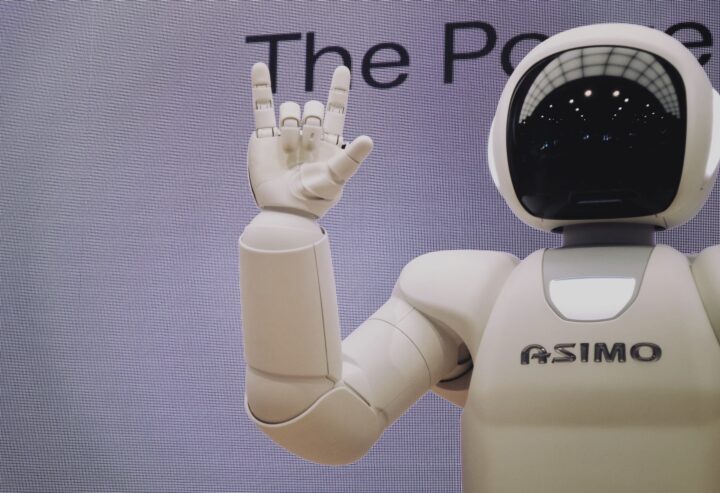The music industry has always embraced technological advancements that push the boundaries of creativity and innovation. In recent years, Artificial Intelligence (AI) has emerged as a powerful tool, revolutionizing the way music is created, distributed, and experienced. AI offers a wide range of benefits, assisting musicians, producers, and composers in various aspects of their work. In this article, we will explore the ways AI is shaping the music industry and delve into additional ways it contributes to its growth.
- Creative Assistance: One of the most exciting applications of AI in music is its ability to assist artists in overcoming creative blocks and generating fresh ideas. AI algorithms can create melodies, harmonies, and lyrics, providing a source of inspiration for musicians. This creative assistance leads to innovative and unique compositions, enabling artists to explore uncharted territories.
- Music Recommendation: AI algorithms excel at analyzing vast amounts of data, including user preferences, listening habits, and contextual information. By leveraging this data, AI can offer personalized music recommendations, enhancing music discovery. Listeners are exposed to a wider range of artists and genres, enabling them to explore and appreciate a diverse array of musical experiences.
- Production and Remixing: AI tools are transforming the music production process by automating various aspects such as mastering, mixing, and sound design. These tools enhance the quality of recordings, streamline the production workflow, and offer options for remixing and experimenting with different arrangements. AI-driven production techniques open up new possibilities for musicians to push the boundaries of creativity.
- Sample Creation: Traditionally, musicians have relied on physical instruments or pre-recorded samples for their compositions. However, AI is changing the game by generating realistic and diverse instrument sounds. This allows musicians to access an extensive library of virtual instruments and samples, expanding their creative palette and enabling them to produce music that may not be feasible with traditional instruments alone.
- Copyright Protection: AI technology plays a crucial role in protecting the rights of artists and labels. By analyzing large music databases, AI algorithms can identify instances of plagiarism or unauthorized use of copyrighted material. This aids in detecting potential infringements, empowering artists to enforce their rights and preserve the integrity of their work.
- Live Performances and Interactive Experiences: AI-powered technologies like virtual reality (VR) and augmented reality (AR) offer new opportunities for live performances. Artists can create immersive and interactive experiences by combining music with visual effects, virtual environments, and audience interaction. These technologies enhance the overall concert experience, captivating audiences in unprecedented ways.
- Data Analytics and Insights: The music industry generates an immense amount of streaming and social media data, which AI algorithms can analyze to provide valuable insights. By examining listener behavior, trends, and preferences, AI enables artists and labels to make informed decisions about marketing, promotion, and touring. This data-driven approach optimises strategies and maximises the impact of music releases.
Artificial Intelligence is reshaping the music industry, empowering musicians, producers, and industry professionals with new tools, creative possibilities, and data-driven insights. From creative assistance and music recommendation to production automation and copyright protection, AI is revolutionizing every aspect of the music creation process. As technology continues to advance, the future of AI in music holds immense potential for innovation and further enhancement of the musical experience.

